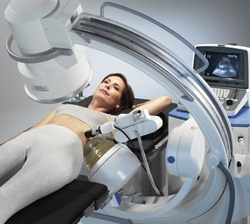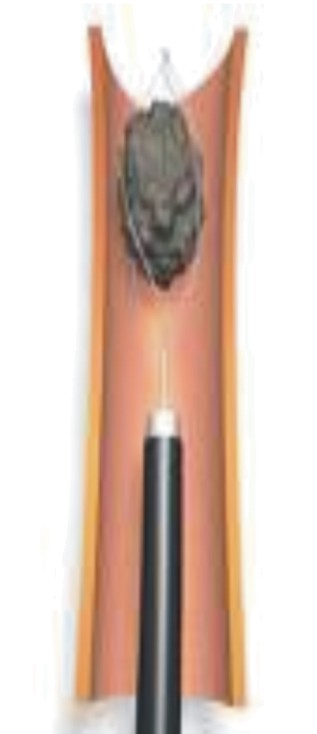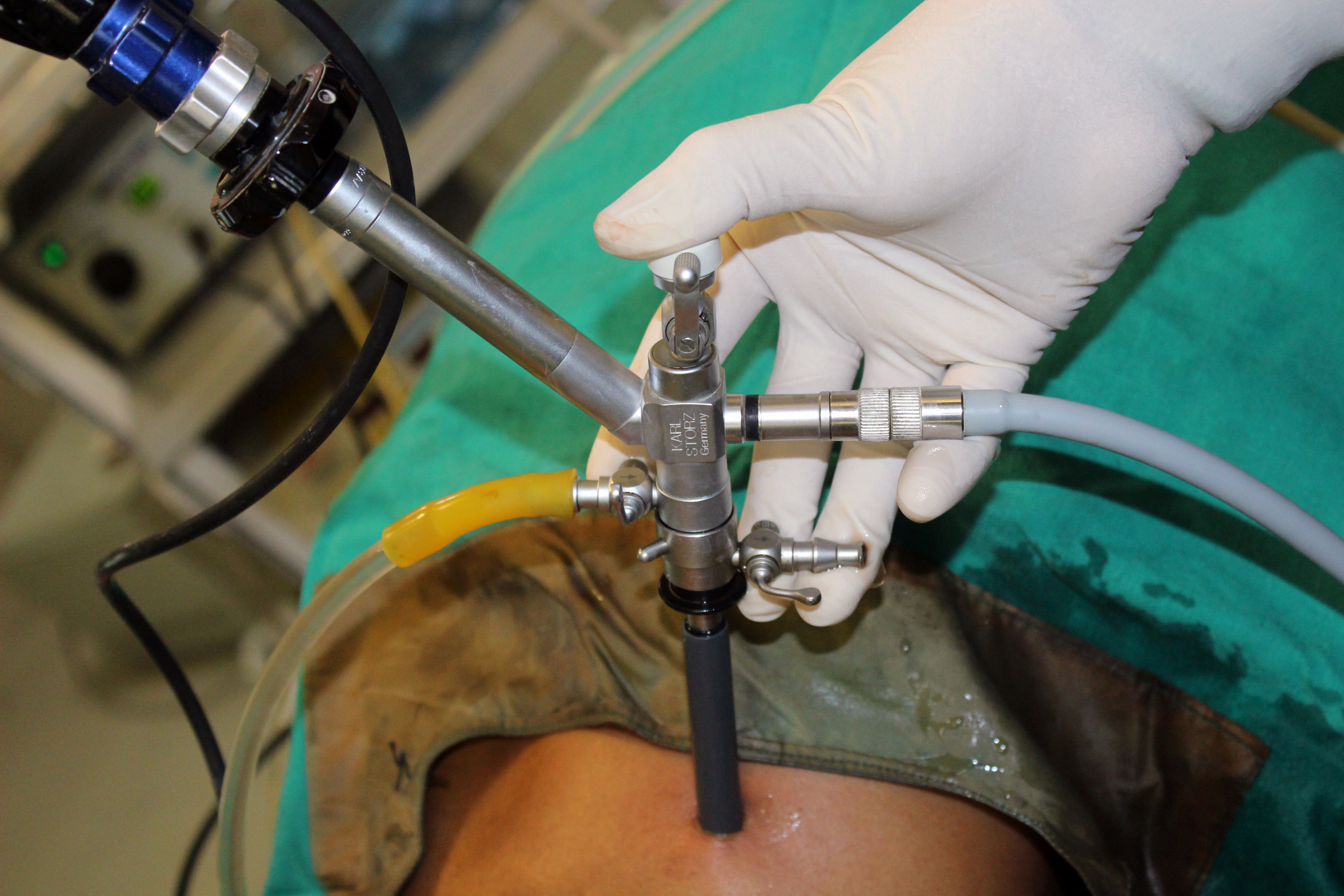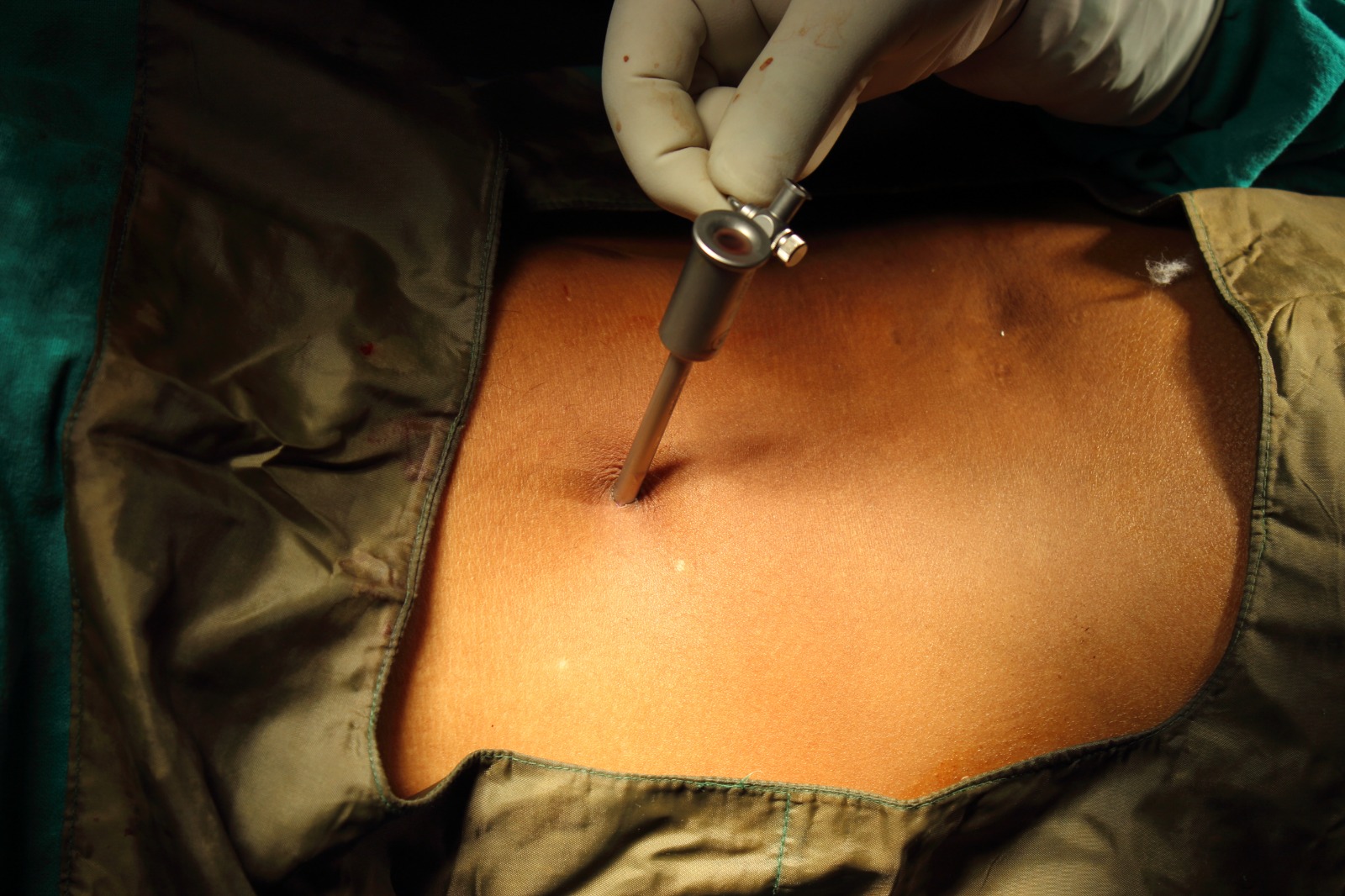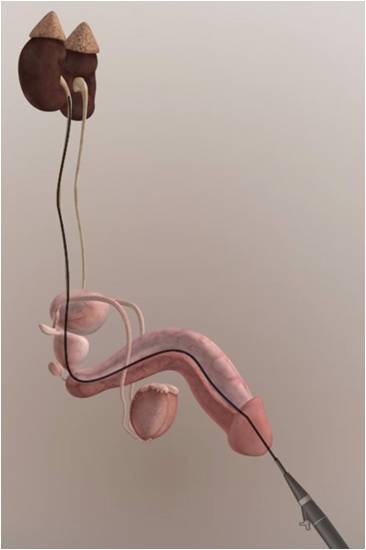URINARY / KIDNEY STONE
- Home
- URINARY / KIDNEY STONE
KIDNEY STONES TREATMENT, SYMPTOMS, CAUSES & DIAGNOSIS
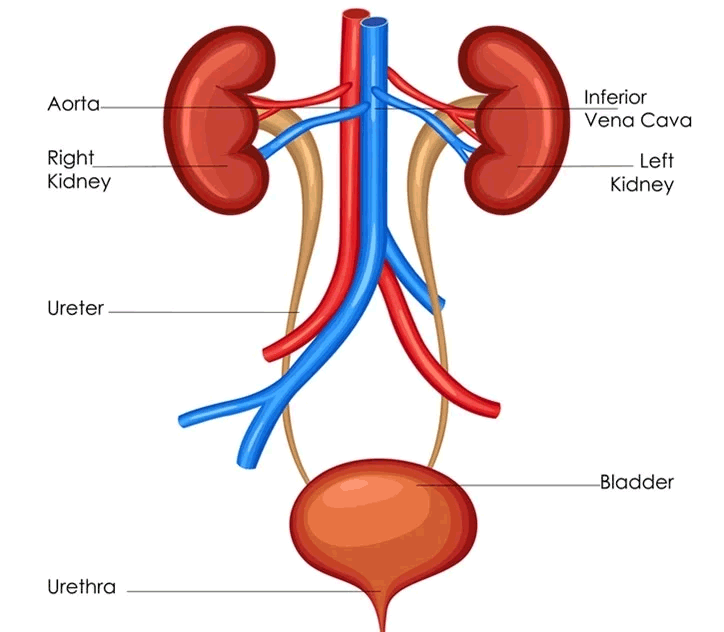
Kidney Stones Treatment Fact :
Around 5% of the world population goes through kidney stone treatment in their lifetime.
Kidney stones :-
The kidney stones are hard deposits of minerals and salts that develop within the kidneys, often called nephrolithiasis, renal calculi, and urolithiasis. The other factors of kidney stones are eating unhealthy food, extra body weight, certain medical problems, and other nutrients as well as medications. Stones also develop when urine is condensed to facilitate the crystallization and adherence of minerals.
There are four main types of stones:
- Calcium oxalate : The most common type of kidney stone which is created when calcium combines with oxalate in the urine. Inadequate calcium and fluid intake, as well other conditions, may contribute to their formation.
- Uric acid : This is another common type of kidney stone. Foods such as organ meats and shellfish have high concentrations of a natural chemical compound known as purines. High purine intake leads to a higher production of monosodium urate, which, under the right conditions, may form stones in the kidneys. The formation of these types of stones tends to run in families.
- Struvite These stones are less common and are caused by infections in the upper urinary tract.
- Cystine : These stones are rare and tend to run in families.
Kidney Stones Causes :
Possible causes include drinking too little water, exercise (too much or too little), obesity, weight loss surgery, or eating food with too much salt or sugar. Infections and family history might be important in some people. Eating too much fructose correlates with increasing risk of developing a kidney stone. Fructose can be found in table sugar and high fructose corn syrup.
Kidney Stones Signs and Symptoms :
The kidney stone starts to hurt when it causes irritation or blockage. This builds rapidly to extreme pain
Some kidney stones are as small as a grain of sand. Others are as large as a pebble. A few are as large as a golf ball! As a general rule, the larger the stone, the more noticeable are the symptoms.
The symptoms could be one or more of the following:
Diagnosis
Diagnosis and tests for kidney stones include-:
Kidney Stones Treatment :-
1 : Flush Therapy
2 : Surgical Treatment
There are 4 common ways to remove stones :
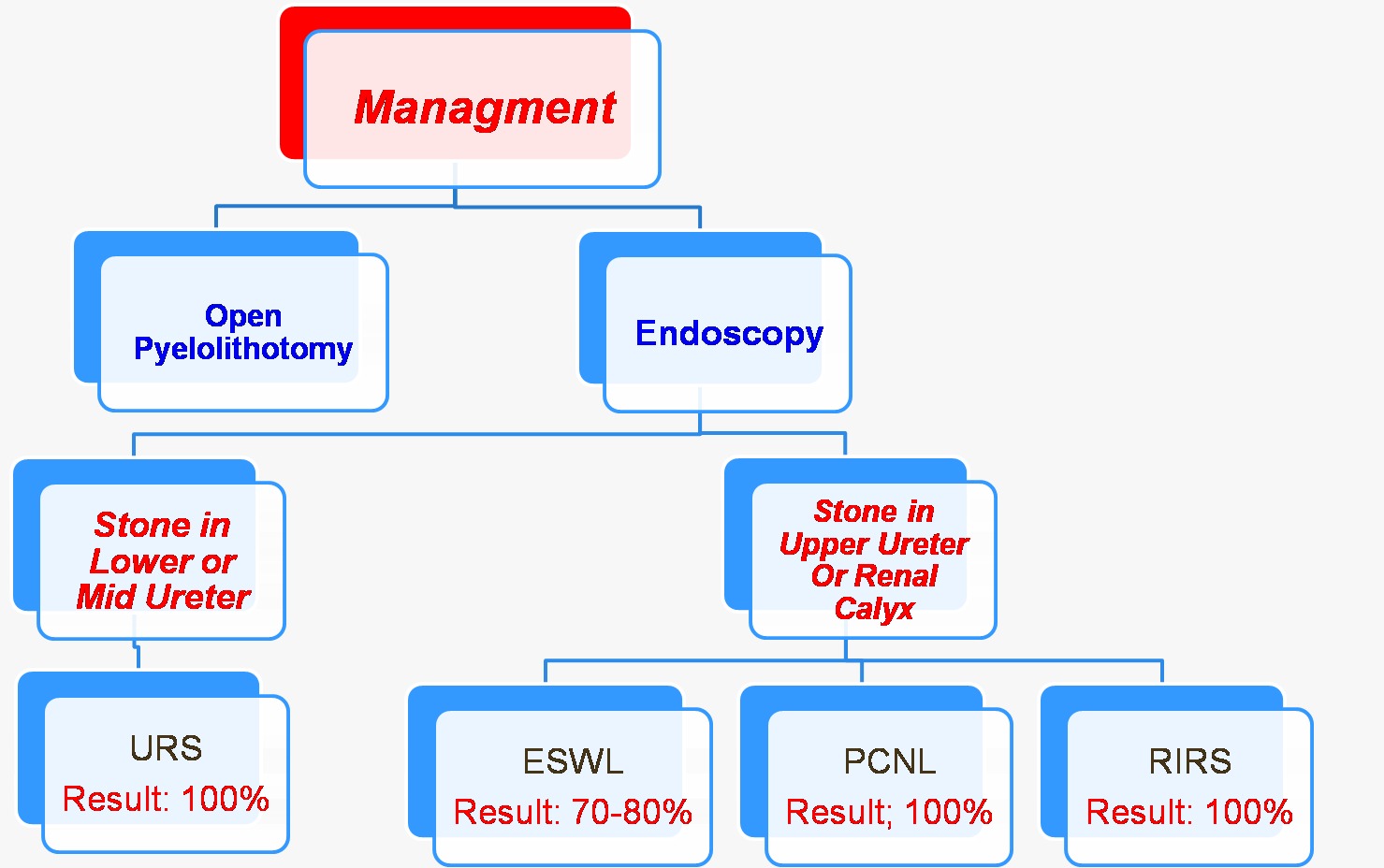
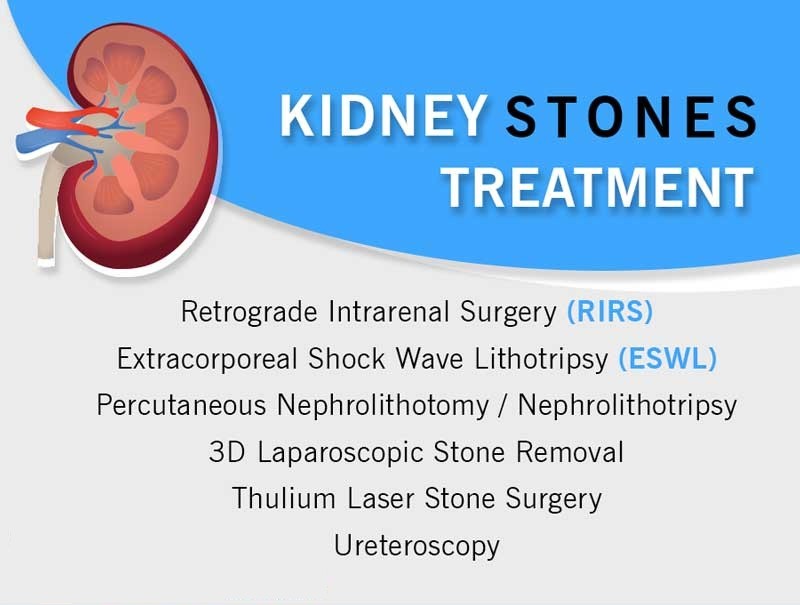
Certain Home Remedies for Kidney Stone Treatment :
The most important advice to avoid kidney stone is to stay hydrated. One should drink at least 2-3 liters of water every day to avoid these stones.
However, it is recommended that you should consult the experts if the problem is getting severe as home remedies may not work in those times.
Kidney Stones Risk factors :
The biggest threat of having kidney stone is for those people who drink less water. It is mostly found among people in between the age group of 25 to 55. Men are affected 3 times more than women; children may also be affected. Climate, temperature and humidity are important factors that contribute to urinary / kidney stones.
Men are often more prone to kidney stones as compared to women. Heredity also plays as a risk factor if someone in the family had such an issue.
Kidney Stones Prevention
Formation of kidney stones can be prevented with proper diet, plenty of water and the right medication.
Here are the ways to lower the chance of having kidney stones.
Kidney Stone Patients Diet :
People suffering from kidney stone issues are recommended to drink water instead of soft drinks, ginger ale, soda, general juices for improving the fluid level within the body. As said above, citrate juices are highly recommended if the stone is formed due to low citrate level.
These people are advised to minimize the intake of salt in foods. Meat, fish or any kind of animal protein should be avoided. Patients having these problem stones should avoid food rich in Oxalate content.
Still, you eat such food having oxalates, make sure to get some source of calcium too as oxalates bind with calcium during digestion and prevent it from reaching kidneys.
Oxalate-rich foods may include chocolates, tea, beets, spinach, nuts, and sweet potatoes among some more.
